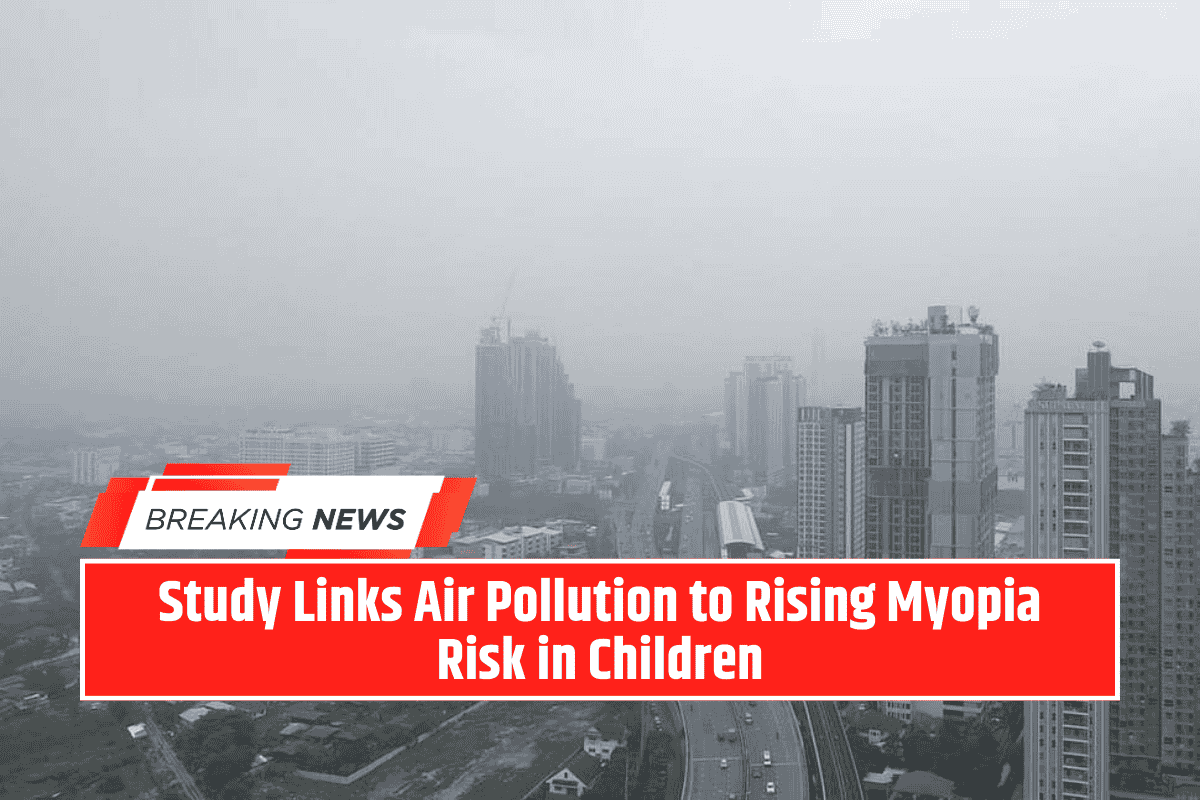Environmental health plays a critical role in shaping public well-being. It highlights the connection between environmental conditions and human health, emphasizing the importance of addressing environmental challenges.
As urbanization, industrialization, and deforestation continue to progress, the impact on the environment grows, creating significant health risks. Air pollution, water contamination, and waste management issues are among the most pressing environmental health concerns.
Air Pollution: A Growing Health Crisis
Air pollution has become one of the most pressing issues for urban health, particularly in major cities like New Delhi, Beijing, and Mexico City. Rapid urban growth has deteriorated air quality, leading to severe health consequences, including respiratory diseases and cardiovascular problems.
In New Delhi, smog and haze are prevalent during winter months, with high levels of pollutants like PM2.5, carbon monoxide, and nitrogen dioxide. These pollutants are especially harmful to vulnerable groups, such as children and the elderly.
Addressing air pollution requires stricter regulations on emissions, better public transport, and the development of green spaces to absorb pollutants.
The Dangers of Water Contamination
Access to clean water is essential for maintaining public health, yet water contamination remains a major issue in many parts of the world. Cities like Dhaka, Lagos, and Jakarta face significant challenges with polluted water sources.
Contaminants like heavy metals, industrial waste, and untreated sewage contaminate drinking water, leading to outbreaks of waterborne diseases.
In Dhaka, inadequate sanitation systems and population growth have worsened water contamination, while in Lagos, oil spills and industrial runoff have polluted water sources.
Solutions include improving water infrastructure, implementing water purification technologies, and educating communities about safe water practices.
Waste Management and Its Public Health Impact
Waste management is an ongoing challenge in many rapidly developing cities. Improper waste disposal often leads to environmental degradation and health risks.
In cities such as Cairo and Manila, waste piles up in streets and water bodies, becoming breeding grounds for disease-carrying insects like mosquitoes and rats.
In Cairo, poor waste management systems lead to the spread of diseases like malaria and dengue fever, while Manila struggles with flooding caused by informal waste dumping.
Effective waste management involves improving collection systems, promoting recycling, and encouraging responsible consumption to reduce waste production.
Climate Change and Its Impact on Health
Climate change poses increasing threats to public health, particularly in urban areas. Rising temperatures, frequent extreme weather events, and altered disease patterns place many cities at risk.
Miami, New Orleans, and Manila, for instance, are vulnerable to rising sea levels and storm surges. Flooding, which is often exacerbated by hurricanes, can spread diseases, while extreme heat can cause heat-related illnesses.
Additionally, these extreme events disrupt essential services like healthcare, making it difficult for vulnerable populations to access necessary care. To mitigate these effects, cities must invest in resilient infrastructure and adapt public health systems to the challenges posed by climate change.
The Role of Sustainable Urban Planning
Sustainable urban planning is essential in addressing environmental health challenges. Cities like Copenhagen and Curitiba have set examples by integrating environmental health concerns into their urban development strategies.
Copenhagen’s commitment to reducing carbon emissions and promoting cycling has improved air quality and encouraged healthier lifestyles. Similarly, Curitiba’s efficient public transport system has reduced traffic congestion and air pollution.
By incorporating green spaces, promoting alternative transportation options, and ensuring that urban growth is sustainable, cities can reduce environmental health risks and create healthier living environments.
Moving Forward: Collective Action for a Healthier Future
The challenges posed by environmental health are immense, but they are not insurmountable. Addressing these issues requires collective action from governments, businesses, and individuals.
Strengthening pollution regulations, improving public health infrastructure, and promoting sustainable urban development are key to tackling environmental health problems.
Public awareness campaigns can also encourage individuals to reduce waste, conserve water, and lower their carbon footprint.
By working together, cities worldwide can create a healthier, more sustainable future for all, focusing on clean air, safe water, and climate resilience to mitigate the health impacts of environmental degradation.









